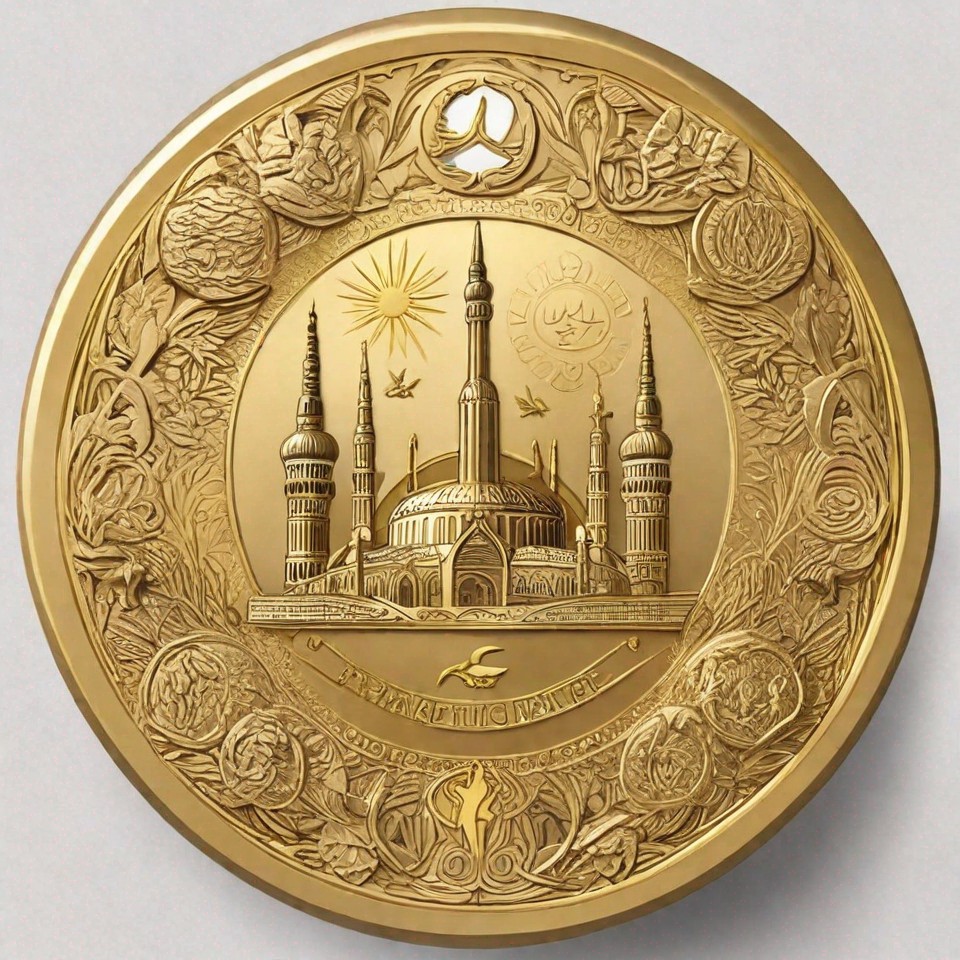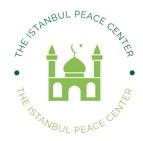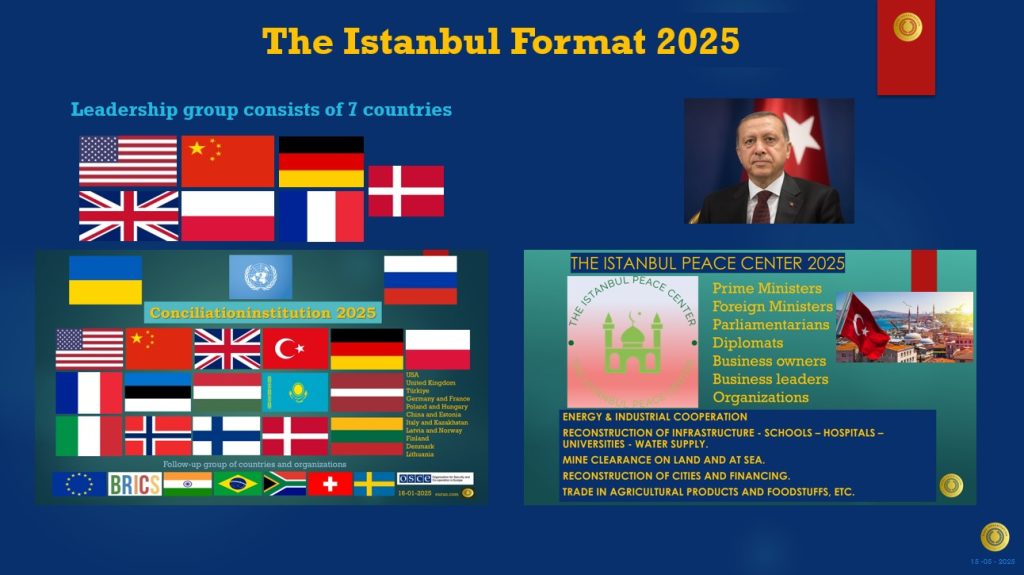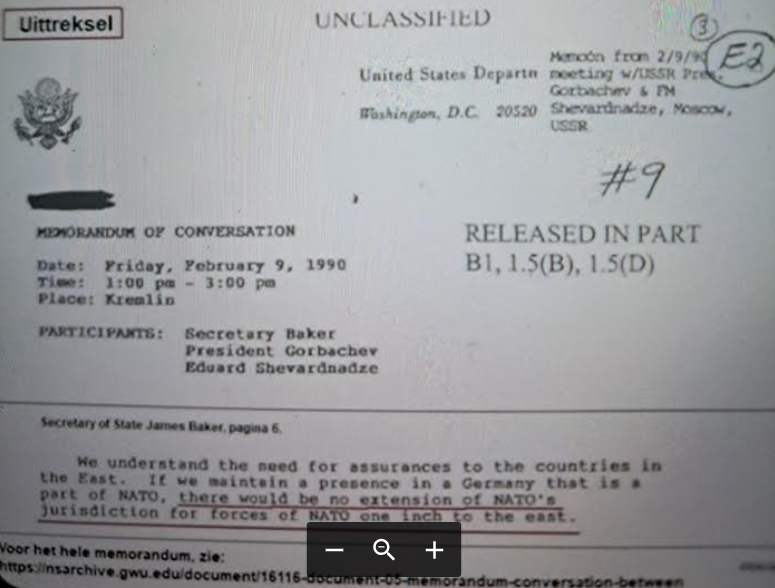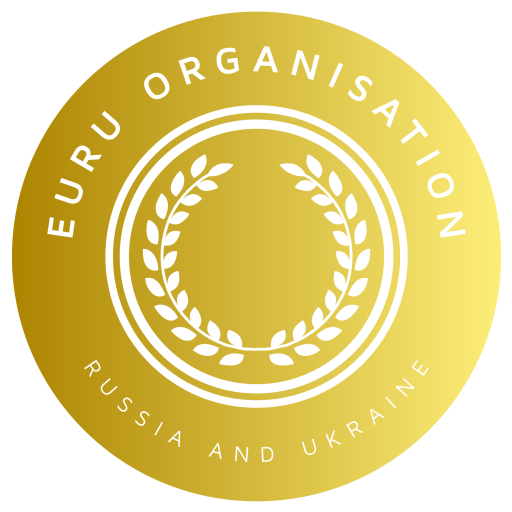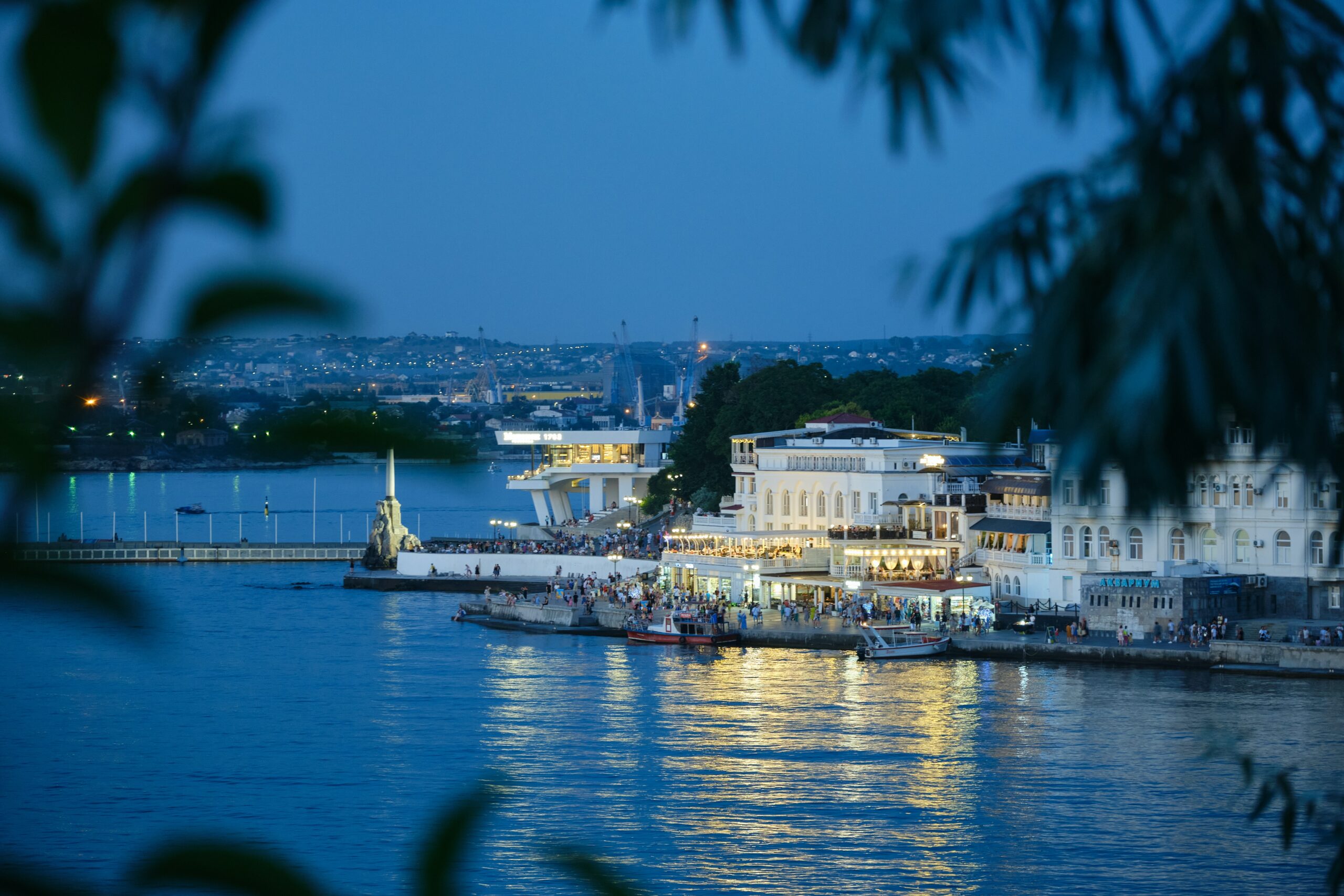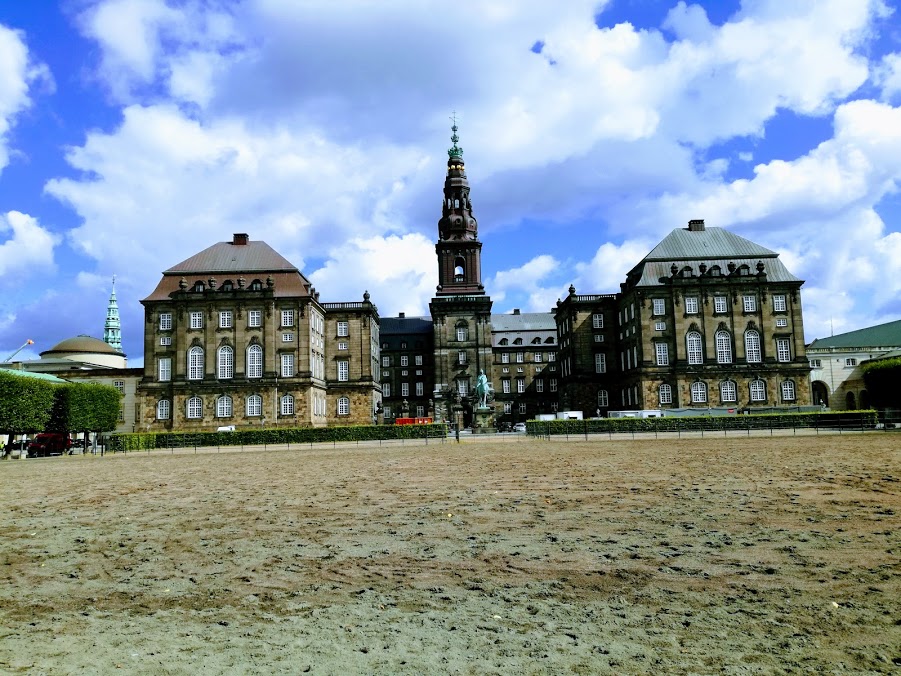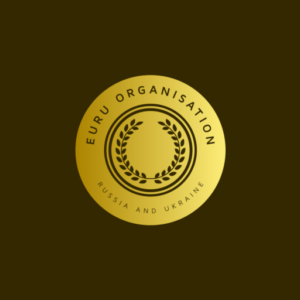From Conflict to Negotiation: Paving the Way for Structured Talks
How can diplomatic initiatives contribute to a structured and formalized basis for peace negotiations between Russia and Ukraine?
Yesterday, peace delegations from Russia and Ukraine held talks in Istanbul, with Türkiye acting as mediator. Reports suggest a desire for the Russian and Ukrainian presidents—possibly with the participation of the American president—to continue negotiations in Istanbul. In my assessment, this strategy is not sufficiently well-thought-out.
Extensive preparatory work must be done before these heads of state can meet. I have previously proposed a robust negotiation format, and today, June 3, 2025, I once again urge the international community to consider my well-developed proposals.
Can the international community commit to anchoring a permanent negotiation format in Istanbul for future peace talks? This would not involve direct negotiations between the Russian and Ukrainian presidents, but rather a process where the international community reaches out, shows the way, and acts as bridge-builders and peace mediators.
We are now in a very difficult situation. Technological advancements in modern warfare have made defense more challenging. Asymmetric warfare has become more complex, with drones deployable from mobile platforms and maritime attacks posing an increased security risk.
The American President has made an invaluable effort to initiate peace negotiations, and we in Europe must also stand united and act diplomatically wisely for the sake of peace and the Ukrainian people.
Europe’s Role in Defense and Stability
To ensure lasting peace, Europe must strengthen its defense capabilities. Prosperous NATO countries in Europe should take responsibility for their own security and be able to stand on their own militarily – this is a necessity. At the same time, we must recognize that neither Russia nor the United States desires foreign troops near their borders.
Ignoring these concerns risks making diplomatic solutions more difficult and exacerbating tensions in Europe. It’s also important to note that countries that have been neutral since World War II have fared well and have not felt threatened. Switzerland, Austria, Finland, and Sweden maintained neutrality and demonstrated stability, growth, and progress in the international community.
Given the security tensions in Europe, both Sweden and Finland have felt compelled to join the NATO cooperation.
For several years, Ukraine has sought membership in the NATO alliance, creating deep geopolitical tensions. Russia has strongly opposed this development, and the conflict is partly attributed to Ukraine’s rapprochement with NATO. U.S. intelligence has indicated that Ukraine is unlikely to be admitted to the alliance and must somehow remain a militarily neutral zone – a significant Russian demand for genuine peace negotiations. On the other hand, several countries have provided Ukraine with strong security guarantees, and Ukraine has an expressed desire for the U.S. to participate in a new defense alliance.
The big question is how Ukraine, Moldova, and Georgia can maintain neutrality while receiving security guarantees that meet the desires of their populations and governments.
Reconstruction and Economic Cooperation
Plan for Ukraine’s Reconstruction, Trade, and Peace Negotiations in Istanbul
The time has come to establish a fixed framework for peace negotiations. Diplomats from selected countries must participate in this closed forum, present draft peace plans, listen to proposals from the warring parties, and mediate the conflict. This is a common and well-known negotiation format.
Additionally, a center should be established where all countries can participate – including heads of state, diplomats, organizations, business leaders, business owners, and politicians. This center should work on the reconstruction of Ukraine, promote international trade, and provide input to the closed peace negotiations.
International Norms and Territorial Sovereignty
The current strategy in the conflict between Russia and Ukraine has primarily been to isolate Russia. Many fear that the future strategy will involve continued isolation of the Russian people. But such an approach is not sustainable if the goal is peace, stability, and prosperity in Europe. The Russian people have faced great challenges throughout history, and continued isolation is unlikely to be a sustainable strategy.
It is gratifying that over 50 countries will participate in Ukraine’s reconstruction, and around 30 nations have pledged military support and security guarantees.
To establish a lasting dialogue with the Russian government, countries bordering Russia and with significant Russian minorities must address Russian demands – both geopolitically and in terms of minority rights, including language, culture, and education. Russia has legitimate security interests that cannot be ignored if we want peace, stability, and economic progress in Europe.
However, in a globalized and rule-based world order, sovereignty and respect for recognized borders constitute fundamental principles for international stability. Russia’s policy of incorporating elements of another country into the Russian constitution must be addressed and cannot be defended.
Example: Finland and Territorial Sovereignty
If Finland, as a hypothetical example, chose to incorporate Russian regions close to its border into the Finnish constitution, it would create a serious challenge to international legal policy and undermine the principles of border integrity and sovereignty. In a rule-based world, we must therefore challenge all unilateral actions that threaten these norms. To ensure peace and stability, all nations must respect established sovereignty principles. Violations should be met with diplomatic pressure and collective resistance.
The Peace Process in 2025: A New Diplomatic Format in Istanbul
Can we, through formalized negotiations, establish a meaningful diplomatic forum where nations such as the USA, China, Türkiye, Germany, the United Kingdom, Poland, France, and Denmark participate in a leadership group? Together with eight other nations, these countries can form the foundation for future mediation between Russia and Ukraine. The time has come for far stronger diplomatic initiatives to promote peace between the warring parties.
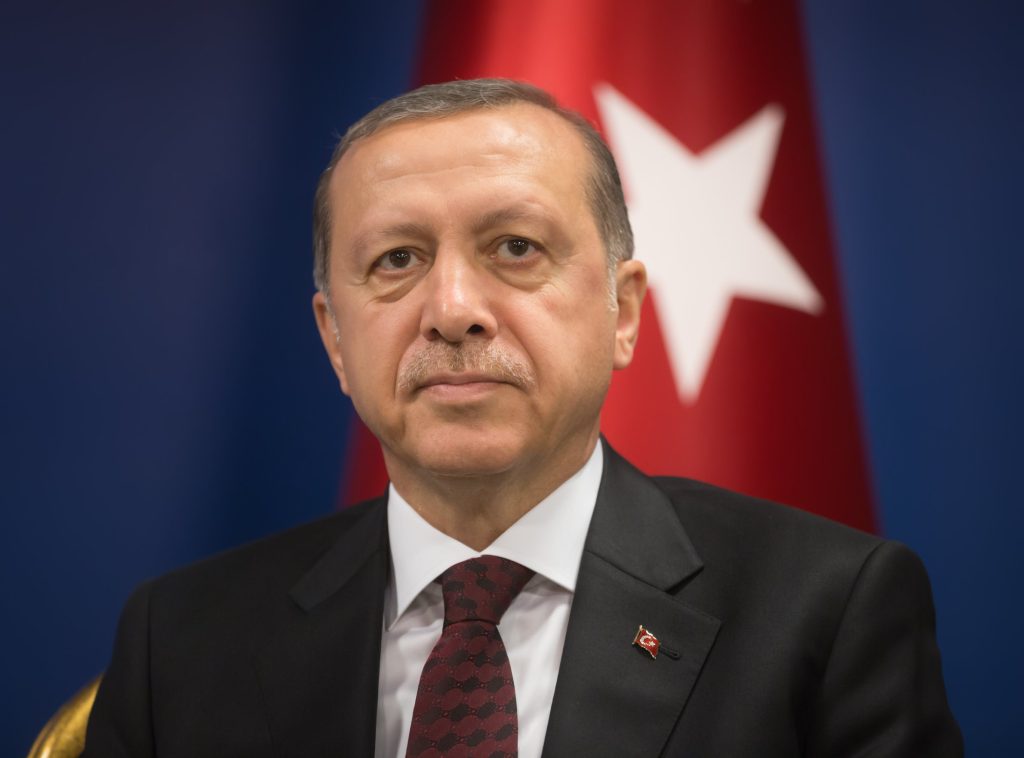
Peace negotiations must be built on a clear strategy that offers both Russia and Ukraine a realistic and constructive exit from the conflict. This format also includes China as a central actor, while Türkiye – which has long wished to play a mediating role – naturally serves as the host for continued negotiations in Istanbul.
With the diplomatic efforts being undertaken by American diplomats – including the normalization of relations with Russia and the establishment of new trade agreements after the war – this could prove to be a wise strategy. Europe can learn from this pragmatic approach, which also forms a fundamental prerequisite for normalizing relations in Europe.
Immediate Peace Measures – 25 Key Points in a Possible Peace Plan
- A 30-day ceasefire is established.
- The parties withdraw heavy weapons from the frontline.
- Ukrainian prisoners return home to Ukraine.
- Refugees and children in Russia return home to Ukraine.
- 50,000 unarmed peace observers are deployed in Ukraine.
Security Guarantees and Military Stabilization
- Ukraine receives security guarantees from 30 countries with international ratification.
- No foreign forces will be stationed on Ukrainian soil during peacetime.
- Ukraine has the freedom to enter into trade agreements with countries and organizations.
- Russia receives expanded security guarantees, and demilitarized zones are established in Europe.
- Only American forces remain in Germany, and the U.S. significantly reduces its military presence in Europe.
- NATO provides Russia with assurances that the alliance will not expand eastward.
- If a ceasefire is not reached by July 25, 2025, a no-fly zone will be established over Ukraine.
Political and Legal Regulation
- Rights for Russian minorities in the EU and Ukraine are formalized, including language, culture, and education.
- Russia sends special envoys for trade and culture to selected regions in Ukraine: Kherson, Zaporizhzhia, Luhansk, and Donetsk.
- Possible dual citizenship for selected regions in eastern Ukraine.
- Donetsk and Luhansk receive a detailed decentralized self-governance model.
- Coexistence on the Crimean Peninsula is ensured, and Russia retains its naval base there.
- Russia moves its forces from eastern Ukraine to the Crimean Peninsula.
- Russian politicians and business owners are exempt from prosecution in connection with the invasion.
Diplomatic and Economic Cooperation
- An EU-NATO-Russia council is established in Finland for geopolitical dialogue and trade.
- Visa regulations are relaxed for Russian and Ukrainian citizens traveling to the EU and the UK.
- All sanctions against Russian businesses are lifted, and frozen assets are released.
- Companies that have left Russia commit—where possible—to reestablish operations in the country.
- Russia resumes participation in international payment systems.
- Germany and other EU countries commit to purchasing energy from Russia and normalizing trade and diplomatic relations.
Concluding Perspective
It is solely the Ukrainian people and their government who have the mandate to make decisions regarding which concessions can pave the way for lasting peace. My thoughts are intended as an independent contribution to the peace efforts, with the aim of fostering meaningful and sustainable dialogue among all parties.
To ensure lasting peace and stability, Europe and the international community must adopt a new approach to Russia and its people. Diplomatic work should focus on creating an inclusive and balanced structure where Russia is recognized as an integrated part of Europe’s political and economic landscape. Only through cooperation, diplomacy, and constructive dialogue can we achieve lasting peace, security, and economic growth in the region. If Ukraine and its people are to have a brighter future, the time has come for all parties – regardless of political interests – to work to resolve disputes and create a solid and stable foundation for a peaceful future.
